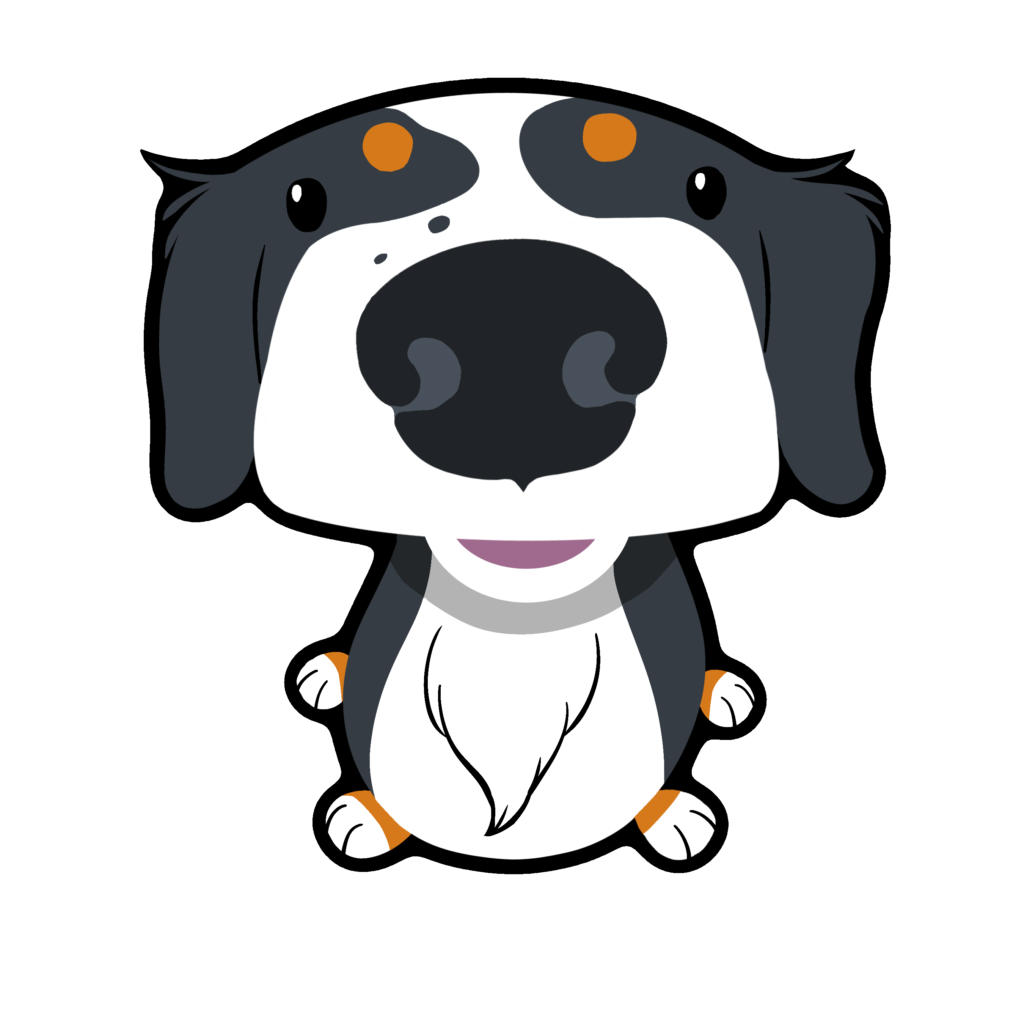
Introduction
Dogs are widely known as man’s best friend, having formed an unbreakable bond with humans for thousands of years. Their presence has played a significant role in human lives, offering companionship, protection, and love. This article explores the captivating history of dogs, tracing their origins from the prehistoric era to present times, and highlighting the diverse roles they have played in different cultures and societies.
The Evolution of Dogs Throughout History
The story of dogs begins with the domestication of wolves, their ancient ancestors. Through thousands of years of coexistence with humans, these wolves evolved into the loyal and loving companions we know today. Archeological findings and ancient artwork provide fascinating glimpses into the early relationships between humans and dogs, showing that this bond dates back to prehistoric times.
Throughout ancient civilizations, dogs held significant roles and were regarded with reverence. In Egyptian civilization, they were considered guardians of the afterlife, with mummified dogs buried alongside their human counterparts. Greek mythology depicted dogs as companions to gods and protectors, showcasing their loyal and protective nature. In the Roman empire, dogs were used in warfare and as entertainment, participating in fights and hunts.
During the Renaissance, the breeding of dogs flourished as dogs were selectively bred for specific purposes and desired characteristics. This period saw the emergence of distinct dog breeds, each with its unique traits and abilities. Nobility and the upper class began showcasing their status and wealth through their prized dogs, leading to the rise of dog fancy and the breeding of fashionable breeds.
Our Trusted Canine Partners
Dogs have been invaluable partners in various fields of work. From agriculture to herding, they have assisted humans in labor-intensive tasks, proving their intelligence and adaptability. Additionally, the development of hunting dogs allowed humans to track and retrieve game more effectively, enhancing the success of hunting expeditions.
In Victorian society, dogs transitioned from primarily working roles to becoming cherished companions and symbols of refined taste. Dogs became fixtures in wealthy households, with lapdogs and fashionable breeds gaining popularity among the upper class. This shift in the perception of dogs further solidified their position as beloved members of the family.
In times of war, dogs have displayed remarkable courage and loyalty by serving alongside human soldiers in various roles, such as carrying messages and detecting mines. They have played vital roles on the frontlines. Additionally, their exceptional abilities to provide comfort and support have made them invaluable as service dogs for individuals with disabilities, offering both physical assistance and therapeutic benefits.
Throughout history, there have been numerous stories of dogs exhibiting bravery, loyalty, and heroic acts. From protecting their families from harm to rescuing people from natural disasters, dogs have consistently shown that they are indeed man’s best friend.
Dogs in Art, Literature, and Pop Culture
Dogs have been a source of inspiration for artists and authors throughout history, with their loyalty, protective nature and symbolism of love and fidelity being depicted in countless works of art and literature. They have also become iconic figures in pop culture, with famous movie and TV dogs like Lassie and Rin Tin Tin winning the hearts of millions. Cartoon characters like Scooby Doo, Droopy Dog and Goofy (who may or may not actually be a dog) are also well-known. On the other hand, dogs can also be portrayed as aggressive, remember Cujo?

Dogs in Religion, Science, and Health
Dogs hold significant spiritual and symbolic roles in many religious traditions across the world. Ancient cultures associated dogs with divine protection, as symbols of loyalty, and as guides to the afterlife. Even today, dogs are revered in some faiths for their purity and unconditional love, reflecting humanity’s deep spiritual connection with these remarkable creatures.
Dogs have made remarkable contributions to scientific research, particularly in the fields of medicine and psychology. Their unique physiology and genetic makeup have aided in the development of treatments for diseases and conditions that affect both humans and canines. Furthermore, assistance and therapy dogs have proven to have a positive impact on human well-being, providing emotional support and aiding in therapeutic interventions.
Dogs have a profound impact on human health and well-being, providing more than just physical benefits. They also offer emotional support, helping to reduce stress levels and promoting mental wellness. Furthermore, dogs serve as social facilitators, encouraging human interactions and strengthening community bonds. Walking a dog in the neighborhood can foster connections and a sense of belonging, bringing people together in a shared love for these four-legged companions.

Modern-Day Dog Roles, Trends, and Innovations
In recent years, there has been a shift in dog training methods, moving away from dominance-based techniques to positive reinforcement. This emphasizes the importance of building a strong bond with dogs through trust and rewards. Additionally, advancements in technology have revolutionized dog care, with innovations such as smart collars, GPS tracking systems, and interactive toys enhancing the well-being and safety of our four-legged friends.
In contemporary society, dogs have taken on the role of integral family members. Growing up with a furry friend has numerous benefits for child development, including increased empathy, responsibility, and social skills. Dogs bring joy, laughter, and a sense of unity to modern families and often act as sources of unconditional love and support, strengthening the bond between family members.
Dogs occupy different positions and play diverse roles in various cultures. While some cultures revere dogs as sacred beings or symbols of good luck and protection, others may neglect or mistreat them. These cross-cultural perspectives shed light on the intricate relationship humans share with dogs, shaped by cultural norms, beliefs, and socio-economic factors.
Summary
In conclusion, dogs have been an integral part of human life for thousands of years, serving as working partners, protectors, heroes, and sources of joy and healing. Their unwavering loyalty and unconditional love have made them cherished members of our families and society as a whole. The multifaceted relationship between humans and dogs throughout history is a testament to the profound connection we share.


0 Comments